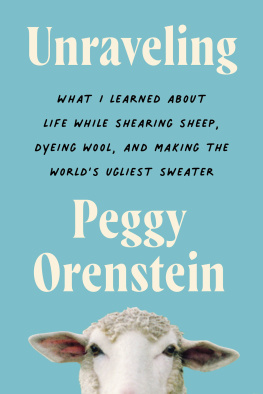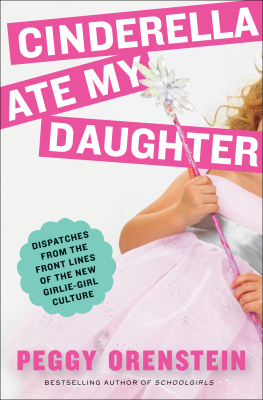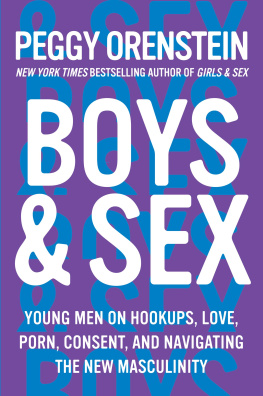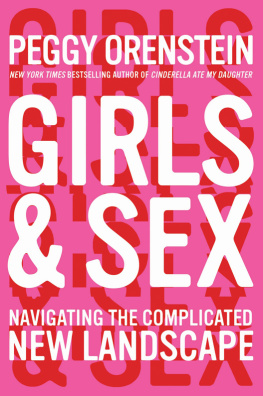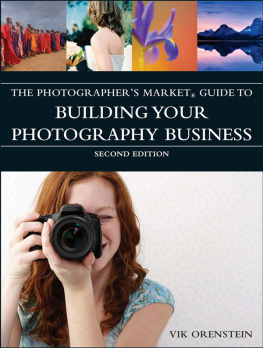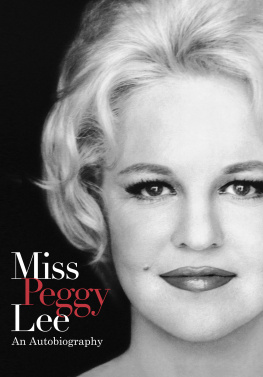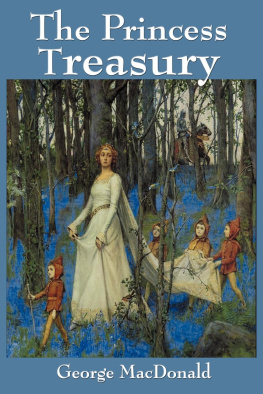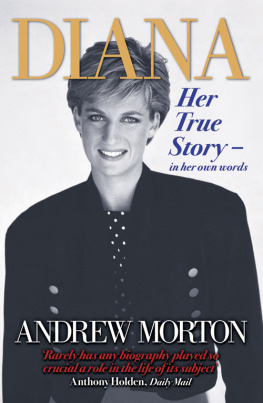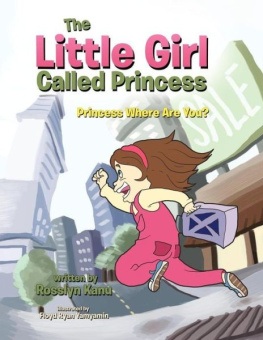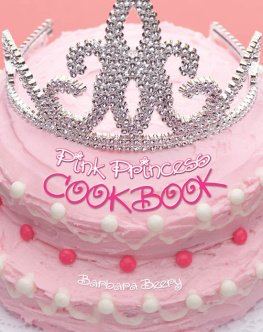When I was seventeen years old, a senior at St. Louis Park High School in Minnesota, I was summoned to the counselors office. Ms. Peckham, a middle-aged woman with bronze-tinted hair and thick, plastic-rimmed glasses, was, to me, the essence of clueless adulthood. So I was shocked when she asked me to write a story for the school newspaper on students who were teen mothers. It never occurred to me that one of my peers might have a baby, though given that there were twenty-eight hundred of us, maybe it should have. Truthfully, I didnt even know kids my age were having sex.
A couple of days later, I met with another twelfth grader, a girl Id never seen before, in an empty classroom. She told me about life with her two-year-old daughter, the secrecy, hardship, and shame. Her mom babysat during the day while the girl was at school or working at a minimum wage job. She didnt go to parties. She didnt go on dates. She didnt have many friends. Hardly anyone knew about her double life. It was brave of her to trust me with her story: I promised I wouldnt use her real name in the article, and, whats more, Id never reveal it to anyone, not ever.
When we were finished, she thanked me for listening. But if you see me around, she added, still smiling, please dont say hi. Theres no reason that someone like you would know someone like me. And I dont want anyone to ask questions. Then she left the room, disappearing into the crowded hallway.
This wasnt, I realized, simply a cautionary tale about the perils of teenage sex. It was the story of the two of us, girls who, through choice or chance, were on very different paths. Even more, it was about how class, status, and stigma limited the new opportunities of girlhood, about how far women had come, and how far we still had to go.
That was, I think, the moment I became a writer: the moment I recognized the power of individuals stories to illuminate something universal, something essential about our time. Nearly forty years later, the stories Im most drawn to telling are still about women. I came of age in the turbulent wake of feminisms second wave; education, work, relationships, parenting, sexualityall had been abruptly transformed. What could be more compelling than documenting the impact of that? When Im honest, though, I have to admit that I was pushed into my subject matter as much as pulled toward it, that constraint played as much a role as interest. I graduated college eight years before Anita Hill would bring sexual harassment out of the shadowsover three decades before allegations against producer Harvey Weinstein would set off a tsunami of #metoo activism. So, when during an interview for my first job, as a typist at Esquire magazine, I was told that one editor had a penchant for rubbing up against young female staffers, and asked could I handle that, of course I assured them I could. I kept at least six feet away from the guy for the next three years, but there were also editors there, men as well as women, who championed me, mentored me, and encouraged me to stop typing other writers manuscripts and get to work on my own.
With a few exceptions, female writers at the time (not to mention the entire category of womens magazines) were tacitly, and sometimes explicitly, considered lesser than the guysless talented, less prestigious, and, of course, lower paid. Writing about women, particularly for publications that werent specifically geared toward them, meant I avoided direct competition with men while creating a distinctive niche, if one that was sometimes seen as token. And it was a pretty sweet beat: after all, women are nearly fifty-one percent of the worlds population. Since we tend to be seen as female firstwomen directors, women executives, women politiciansI gained entree into worlds I might otherwise never have seen.
Being a feminist writer, though, does not just involve whom I write about. Its about how I write: my stance relative to the reader, a skepticism about hierarchy and expertise. I generally reject authority in authorship, positioning myself as the readers companion rather than superior: asking questions, expressing doubts, working my ideas out on the page. I want to share the journey, not just present tidy conclusions. Similarly, I decided early on that if I was willing to hold other womens lives and decisions up to scrutiny I had better be willing to do the same with my own: if every womans life tells a story, mine would, too. Reviewers have sometimes referred to my first-person work as honest, especially my essays on infertility and cancer. Im pretty sure thats meant to be a compliment, but I sometimes suspect it may be code for TMI. The truth is, I dont know how to write any other way. Observing my own experience, documenting my successes and missteps as a modern mother, wife, woman, worker, human, is how I make meaning for myself and, ideally, for others; it is also how I hope to galvanize change and progress.
Im a little stunned to find I have a body of work to look back on: time seems to have skittered by while I focused on the day-to-day stuff of working; falling in love; building a marriage; struggling to have a child and then raising her. Yet, I dont feel ever so far from the girl reporter at the high school newspaper.
Im not sure how far the world has come, either. Progress seems more a spiral than a straight line, though I have faith that it moves mainly, if not consistently, in a positive direction. If I didnt, I wouldnt bother writing. Nonetheless, Im struck by how many stories from years ago resonate now, at this moment when womens political, social, economic, and reproductive rights are newly under threat.
I dont know how these latest battles will resolve, but I do know this: telling our stories is more important than ever. Not the endless churn of content featuring trumped-up princesses and pop stars and famous-for-being-famous social media creations, but real stories about real women, including women of color, queer women, immigrants, the poor, the very old, and the very young. There can never be enough stories.
As for the teen mother I wrote about so long ago: I dont know what happened to her. I no longer remember her name. Ive even lost the article I wrote, left it behind in some old apartment in some other city. But I still think of her courage regularly, with gratitude; and I have never forgotten what she taught me.
Peggy Orenstein, August 2017


